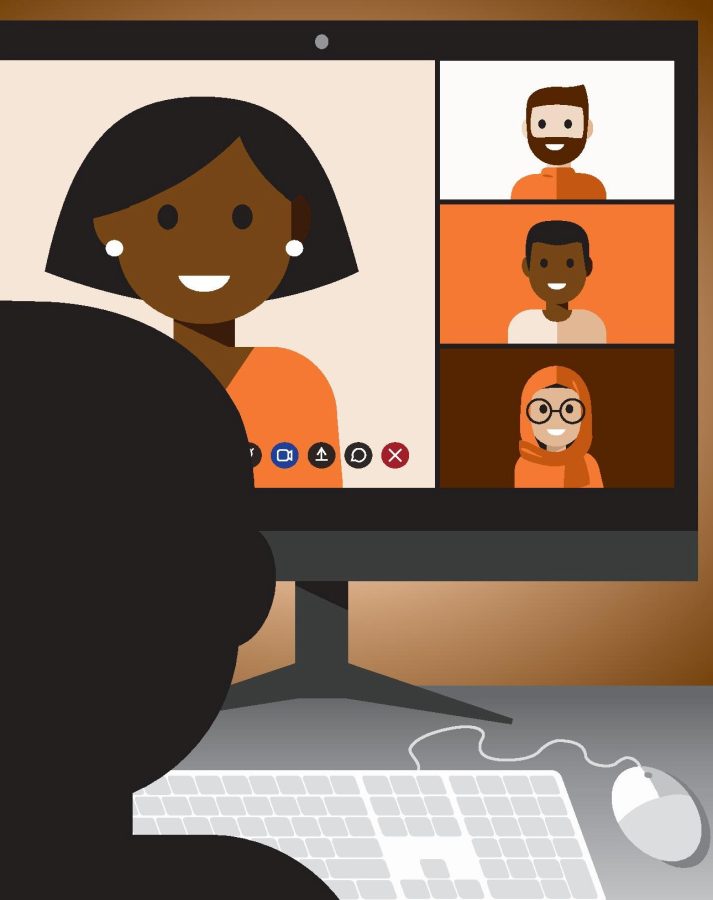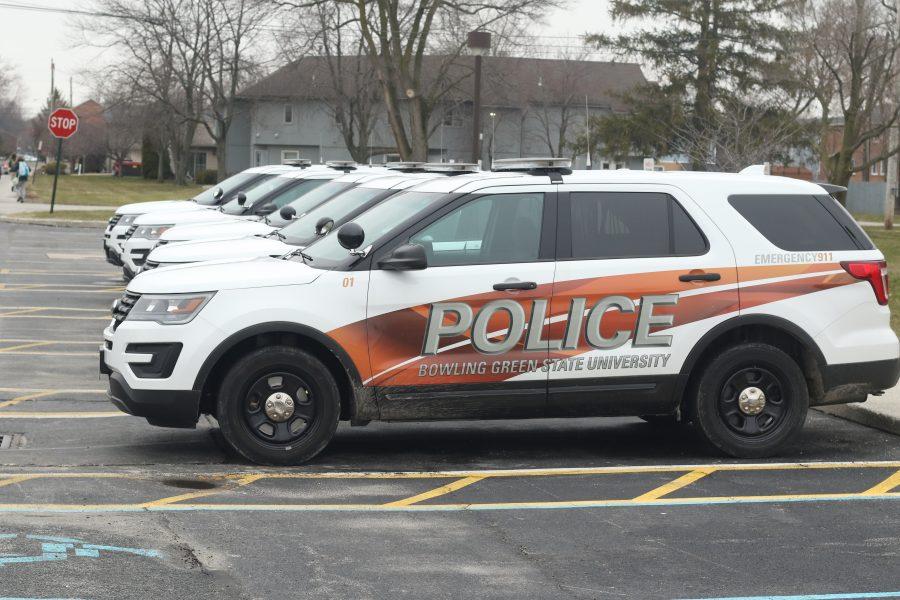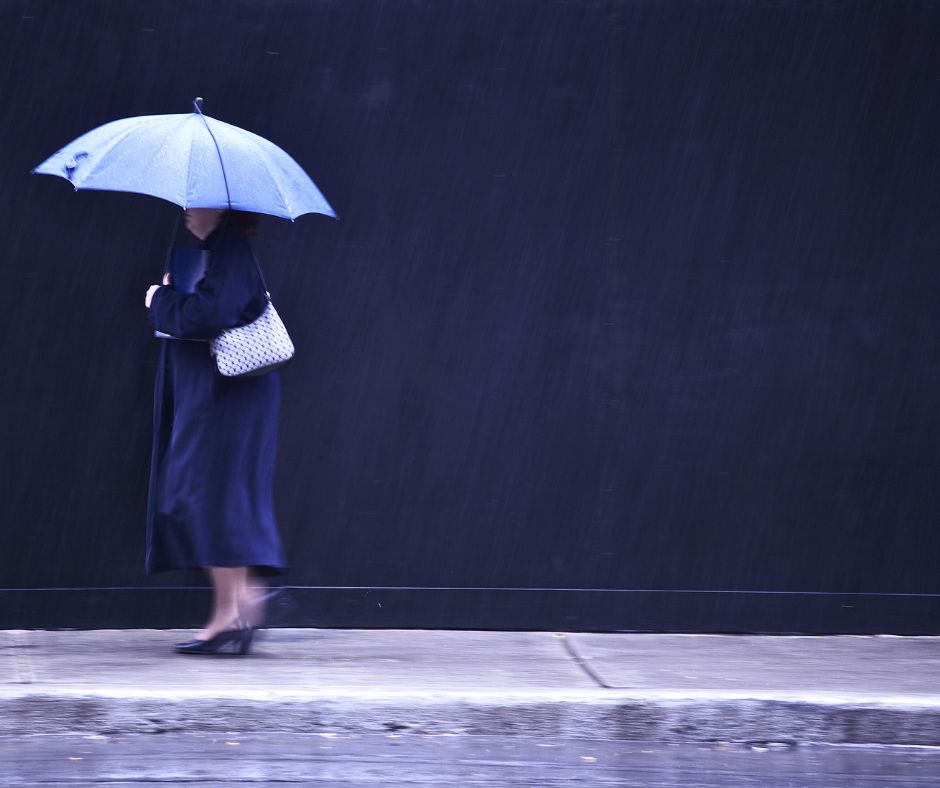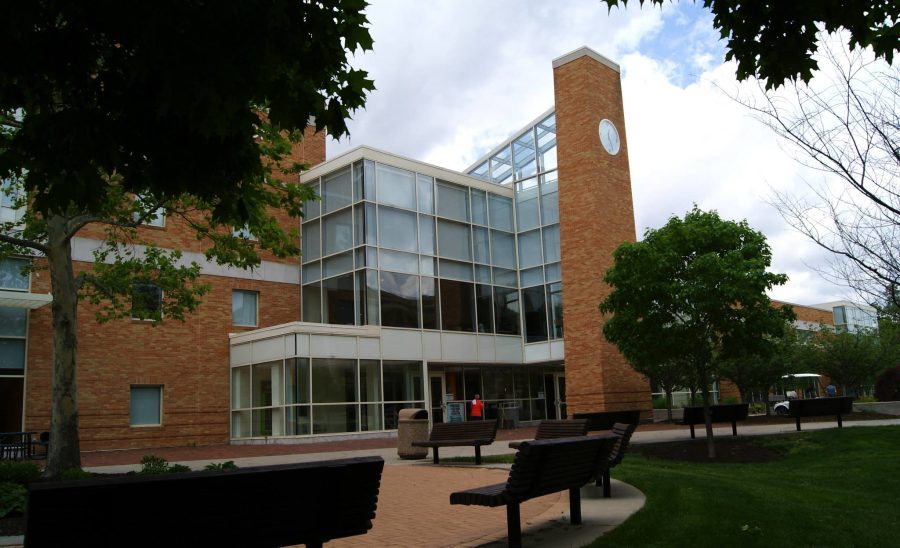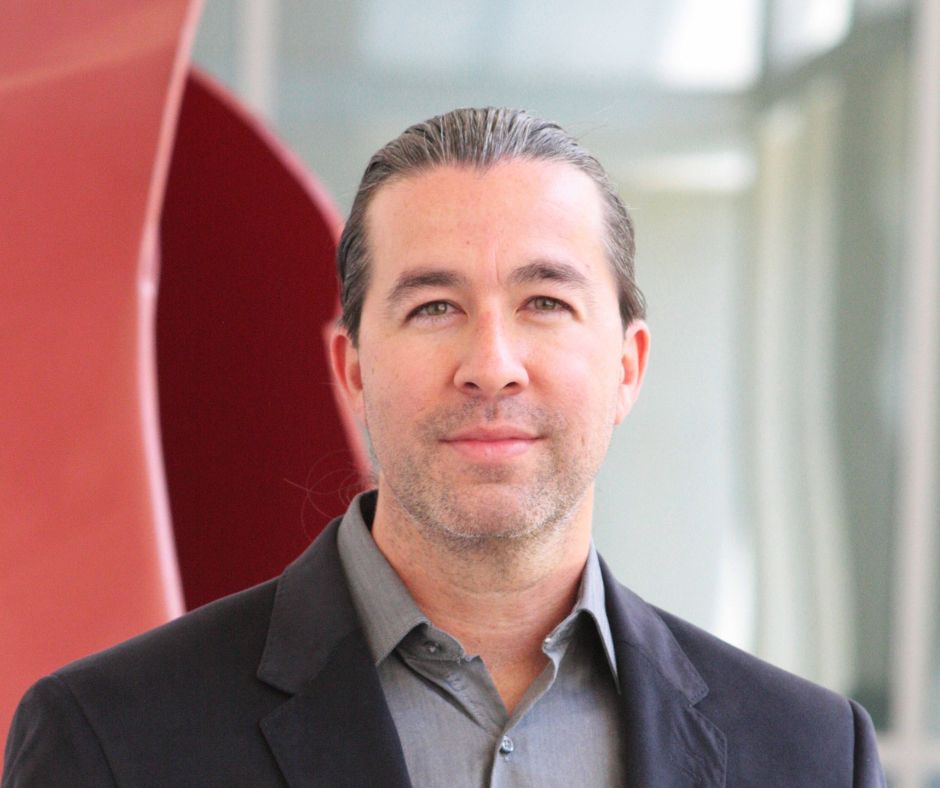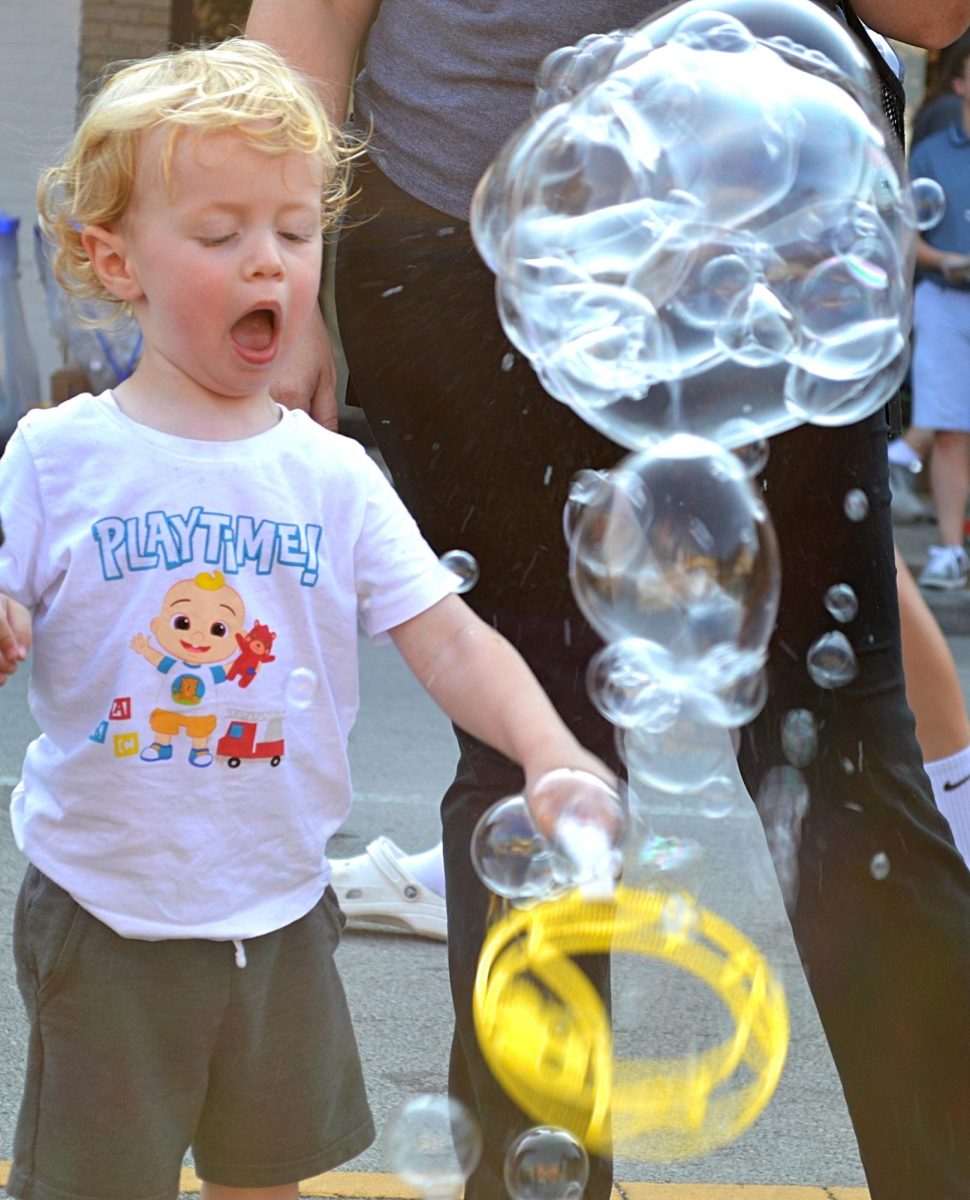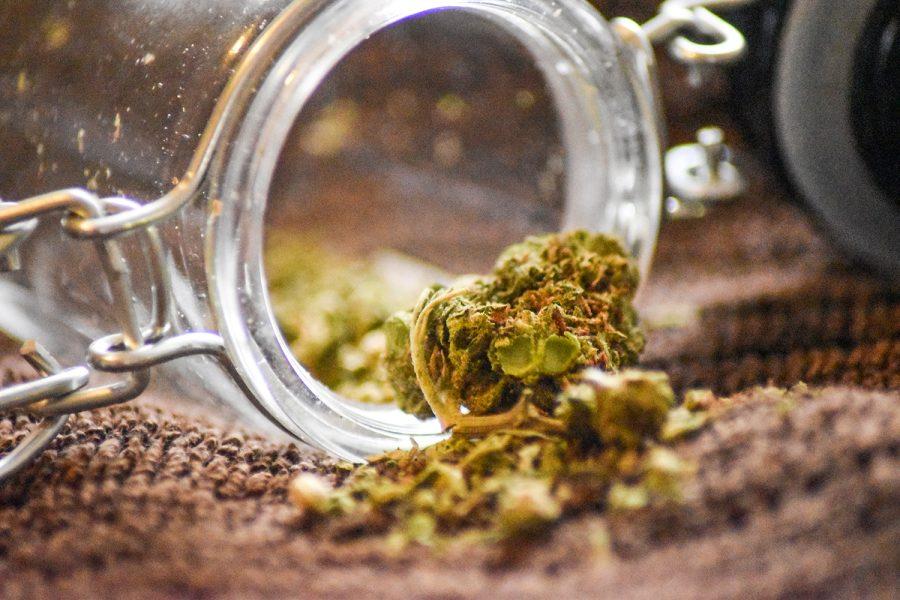During COVID-19, schools across the nation have taken classes fully or partially online. Bowling Green State University academic psychologists Margaret Zoller Booth, Julia Mame Matuga and Audrey Roberts studied the different impacts remote or partially remote learning has on students and faculty. They focused on how learning environments have changed.
“Both of us have been interested in the learning environments for years to see how it influences the way that we learn or teach, (Dr. Matuga) has really been looking into the face-to-face compared to online, where as I have been looking at more of the cultural aspects, but when you put the two together you get a culture of doing this remotely,” Booth said.
Under the umbrella of the culture found in a classroom, they wrote a survey to give to students and faculty, which centered around the main points of self-advocacy, self-regulation, motivation and burnout. The purpose of the survey was to see if students and faculty found it harder to keep up with the workflow of classes when everything is online.
The first part of the study looked at self-advocacy. This is defined as the knowledge of knowing someone can do something. The survey started by comparing this semester of classes to last year when students had face-to-face classes. This was to see if students feel they are able to do something without face-to-face learning.
The survey for professors looked a bit deeper into the self-advocacy they had in March and April, compared to how they felt about teaching their classes online during the fall semester.
The next part of the study covered self-regulation.This is defined as how someone paces themselves throughout the work that they have to do.
Junior musical performance and Spanish major Amanda Kile said, “I feel that I missed out on some of the learning that I would have had if I was in-person. Especially for classes like orchestra and marching band, I was not able to fully engage with the ensemble in an online setting.”
In some majors, online learning becomes a lot more difficult. For Kile, her classes require a performance aspect that can be challenging to produce in an online setting. She was not able to participate in her orchestra rehearsals, so she had a lot of catching up to do.
The final part of the study focused on motivation and burnout. This looked into the lack of face-to-face connection and how it was affecting students and faculty. Tom Foster, a fifth-year computer science major, noticed the difference of this semester compared to the past four years he has been on campus.
“The biggest differences between classes is the online classes offer much less opportunity for interaction between students and faculty, so it is much harder to have a dynamic discussion. It can be fixed by discussion boards or in class discussions, but that only works with in person hybrid classes and not asynchronous classes,” he said.
Booth, Matuga and Roberts looked into whether the lack of face-to-face connection could lead to a lack of motivation or burnout.
During most students’ first year of classes, they find a sense of belonging on-campus through participating in face-to-face settings, but the lack of interaction between other students and faculty can contribute to decreased motivation or burnout.
At BGSU, there are many programs offered at no charge to students and faculty to help with any problems of burnout or lack of motivation they may be experiencing. People can call the counseling center, Monday through Friday from 10 a.m. to 4 p.m. at (419)-372-2081.













